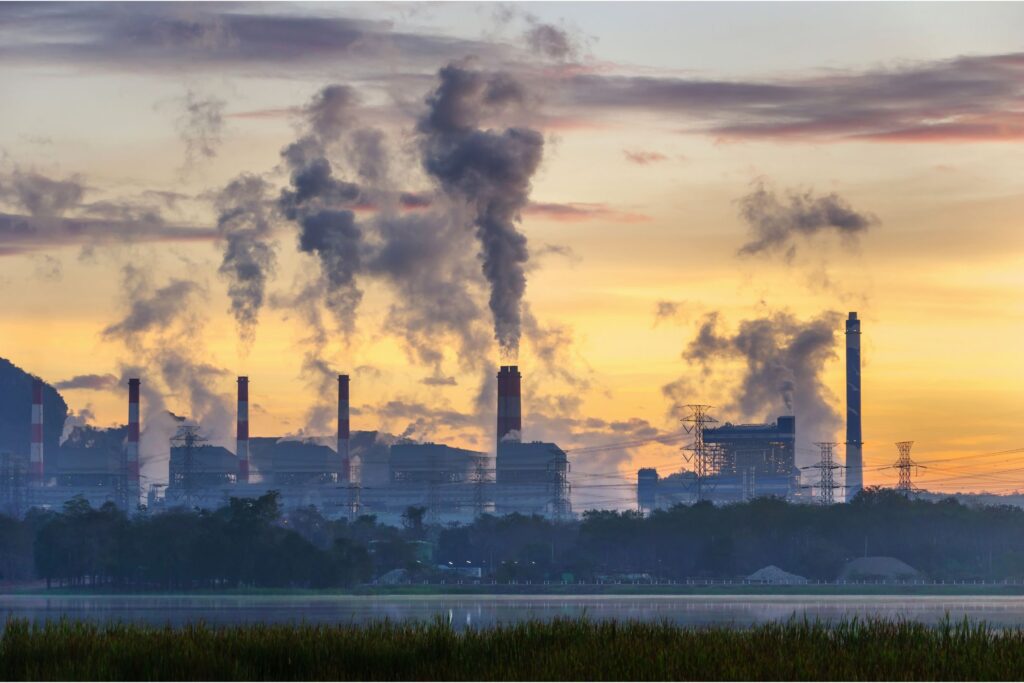Monday’s G7 meeting in Germany signalled the beginning of the end for the fossil fuel era, as G7 leaders committed their countries to the long-term goal of decarbonization.
Decarbonization means the global economy no longer using any energy source that emits fossil fuel carbon. No coal. No oil. No natural gas. None. And therefore, no carbon is emitted. This is a huge step forward in acknowledging the source of the enormous challenge of climate change – dirty energy.
Even the Canadian government’s continued lack of leadership couldn’t derail the momentum of other G7 nations or the leadership of German Chancellor Angela Merkel, the chair of the meeting. According to media reports from earlier this week, Canada got its way by delaying the timeline for decarbonization to “over the course of this century.” European countries were pushing for a 2050 end date.
Officials in the Canadian government dismissed the decarbonization goal as “aspirational.” But based on Canada’s own policy, it’s a stretch to suggest the federal government is aspiring to decarbonization at all. Just a few weeks ago, in mid-May, Canada submitted the weakest target of all G7 countries in the lead up to the Paris climate change talks to be held this December.
We need to do better. And it’s possible that we will do better, given that there is a federal election between now and December. That’s why Environmental Defence released a scorecard this week that compares the commitments of all the federal parties. Canadians need to know what they might expect their government to show up with in Paris. Make your voice heard! Tell federal party leaders, it’s time Canada stop acting as climate laggard and start being a climate leader.
The writing is on the wall for dirty energy and most countries are saying so. As veteran climate watcher Alden Meyer of the Union of Concerned Scientists said this week, “the end of the fossil fuel era is inevitable, and the dawning of the age of renewables is unstoppable.”
Renewable energy technologies, such as wind and solar power, are already cheaper in many places than coal-fired electricity, even before taking into account the high environmental impacts of using coal. Solar power’s costs have dropped five-fold in just five years. Battery technology is also evolving at a spectacular rate. Electric vehicle sales are accelerating. In short, the costs of zero-emission technologies continue to drop as their sales increase exponentially.
Meanwhile the costs of extracting fossil fuels continue to climb as coal, oil, and gas companies look for more remote, less accessible, and dirtier forms of fossil fuels in more pristine environments. And yet the prices companies can fetch for those fuels are at a low point, and not expected to rise anytime soon. The economics of dirty energy sources are terrible. Their impacts on the water, air, land, and natural environment are even worse. Economics is doing a lot of the needed climate change work. Leading countries and governments will do the rest, understanding that a global carbon budget that keeps the climate safe means very little to no fossil fuel usage after 2050.
Unfortunately, the Canadian government and the tar sands industry are in denial. Both Prime Minister Stephen Harper and an oil industry spokesperson claimed that the goal of decarbonization does not mean the end of carbon-based energy. They claim that all that is needed is technological improvement. They are our modern-day alchemists, suggesting that tar sands oil can be turned into clean energy just as ancient alchemists attempted – and failed – to turn lead into gold.
It is true that technological innovation will play a role in decarbonization. But innovation will mean finding smarter and cheaper ways to create and implement clean energy, not trying to find a way to make high cost, high carbon tar sands production clean. Secret government documents have revealed that the tar sands are a “unique challenge” in that an environmental solution does not exist. Research from venerable institutions such as the Lawrence Berkeley National Laboratory in California shows that decarbonization can be achieved using only existing clean energy technologies, even for high-emitting countries like the United States.
In 2050, historians may look back at this week’s G7 as a historic moment, where world leaders pointed the finger at the root of the climate change problem – fossil fuels – and committed their countries to a global goal to get rid of them. Now let’s all push our governments and our societies to make that happen. The next step is Paris. Canadians need to ensure that our government shows up ready to be a leader on this most critical of issues.
You can help. Take action here and tell our federal party leaders it’s time to be climate leaders.









